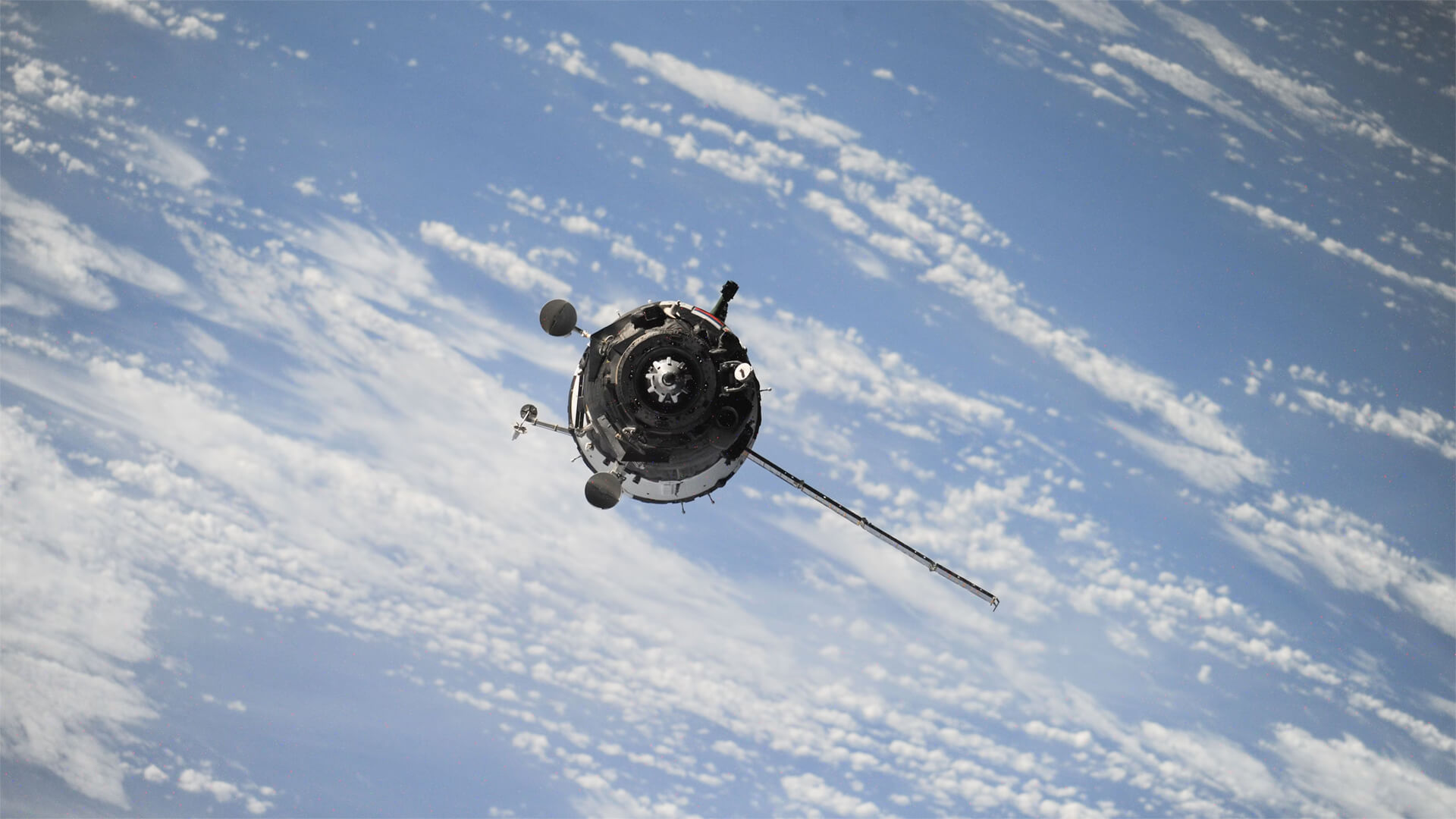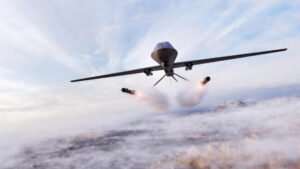Last week, I talked about how Ukraine has been targeting Russian air infrastructure to prepare for the arrival of their F-16s. Well, Ukraine launched a rocket attack on occupied Crimea and destroyed some air defenses and one of Russia’s deep space satellite communication stations.
The loss of that deep space satellite communication station is the focus for today. This isn’t great news for Russia’s already struggling civilian space program, given they’ve depleted their old ICBMs used for satellite launches. This will also reduce tracking and communication with Russia’s military satellites, which complicates things for any other nations relying on Russia for maintenance or launches. The final kicker is that Russia’s GLONASS system – their version of GPS used in precision-guided munitions like glide bombs – could be jeopardized or degraded.
This attack could significantly impact Russian capabilities, but we’ll have to wait for final reports to determine the full extent of the damage and impacts.
Here at Zeihan On Geopolitics we select a single charity to sponsor. We have two criteria:
First, we look across the world and use our skill sets to identify where the needs are most acute. Second, we look for an institution with preexisting networks for both materials gathering and aid distribution. That way we know every cent of our donation is not simply going directly to where help is needed most, but our donations serve as a force multiplier for a system already in existence. Then we give what we can.
Today, our chosen charity is a group called Medshare, which provides emergency medical services to communities in need, with a very heavy emphasis on locations facing acute crises. Medshare operates right in the thick of it. Until future notice, every cent we earn from every book we sell in every format through every retailer is going to Medshare’s Ukraine fund.
And then there’s you.
Our newsletters and videologues are not only free, they will always be free. We also will never share your contact information with anyone. All we ask is that if you find one of our releases in any way useful, that you make a donation to Medshare. Over one third of Ukraine’s pre-war population has either been forced from their homes, kidnapped and shipped to Russia, or is trying to survive in occupied lands. This is our way to help who we can. Please, join us.
Transcript
Hey, everybody. Peter Zain here coming to you from Colorado. It’s the 24th of June. And as we’ve been discussing on and off for the last couple of weeks, the Ukrainians are hoping to take out as much of the Russian air defense network as possible before they get F-16 Mirage fighter jets over the summer. The idea is if they can establish local air superiority, even if just for an hour at a time, then ground forces can then advance without fear of massive artillery barrage is hitting them, and that helps them clear out, say, minefields and actually penetrate into, Russian lines.
Anyway, over the weekend, we had a significant ly the largest rocket attack I’ve seen yet from Ukraine into occupied Crimea. And while we’re going to be looking at the damage reports from this for several days to figure out how much was destroyed, it looks like several air defense systems were taken out again. But the one I want to talk about today is the Russian deep space satellite communications network.
You use a deep space system to basically keep track of all your satellites in orbit and communicate among them into the ground. And since satellites typically are, you know, you need several of these stations, around the world in order to provide good coverage. Now, the Russians have never had that, because the Russians have never had a series of allies that they can trust on a global basis.
So they have four of these networks within the Russian Federation, and that’s it. And apparently one of them was completely destroyed within the last 36 hours. this has three implications. Number one, it pretty much is the end of the Russian civilian space program. And it was already floundering, wasn’t economically viable, especially with the advent of space-x, because the Russians used to use their old ICBMs as launch vehicles.
Basically, you use one of them and then it’s gone, and then you use another one, and you keep doing it until they’re all gone. And, well, they’re all gone now, unless they actually want to go into their active reserve. They were using the ones that were decommissioned after the end of the Cold War. So they’re no longer cost effective at all.
And now they can’t even keep track of things as they orbit the planet. second, military satellites, most military satellites, most, like most civilian satellites, are whipping around the planet. And now the Russians have lost one quarter of what was left of their capacity to track and communicate with them. That’s going to provide a real problem for the Russians in terms of satellite communications.
Not to mention anyone who was looking at getting the Russians to launch and maintain a military satellite for them now has to find someone who is not Russia to maintain it. And if your goal was to get away from the United States, there just aren’t a lot of options here because the Chinese don’t have a good network for this either.
so basically, you’re down to Europe, with the Airbus consortium and EADS or the United States. Third, and perhaps most significant moving forward is with the loss of this. The Russians are losing the ability to not just keep tabs on their satellites, but, gets good telemetry for things like repairs. And if the Russians lose the capacity to do that, then their glossiness system, which is their equivalent of GPS, starts to fall off line.
Now, there are already parts of the world that don’t have very good coverage all that often. But if you remove meaningful launch capability and modern capability and maintenance capability from the Russian system, you know, losing one more radar system would probably do that. Then you’re talking about the Russians losing the capacity to use precision guided munitions using geographic tags.
that would be an end to things like, say, glide bombs, which are the newest military innovation that the Russians have used, basically dropping one to 2 to 3 ton bombs, from within Russian territory and then having them glide and hit targets. If you lose their ability for satellite communication, that goes away, too. So very significant outcome.
we will still be tallying the damage from this weekend for several days. It’ll be interesting to see what else is now gone.








